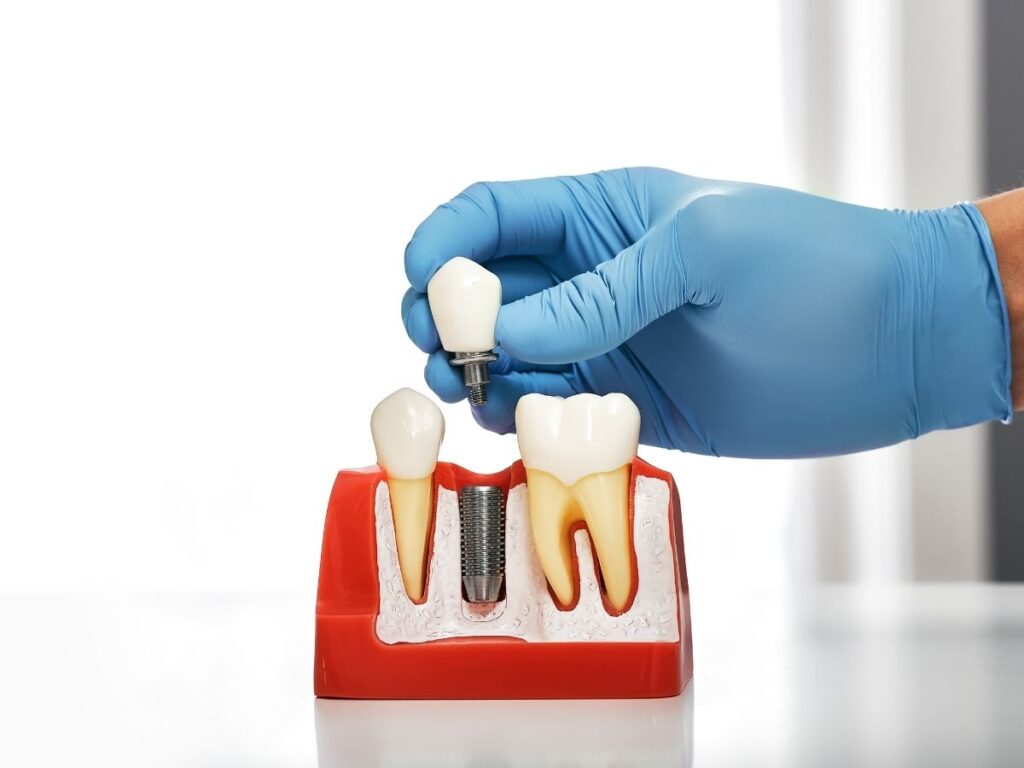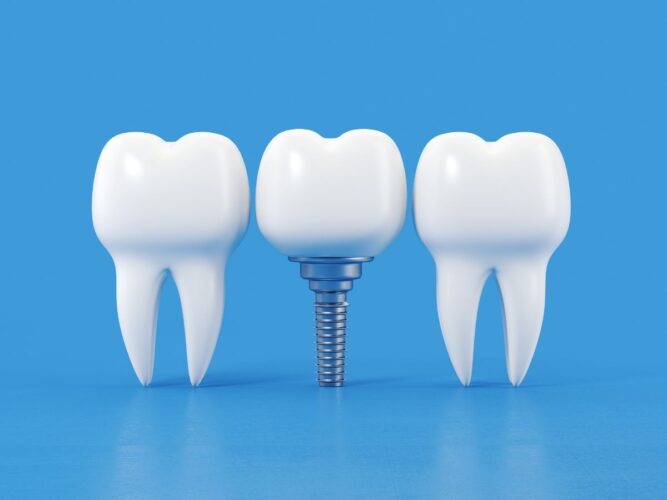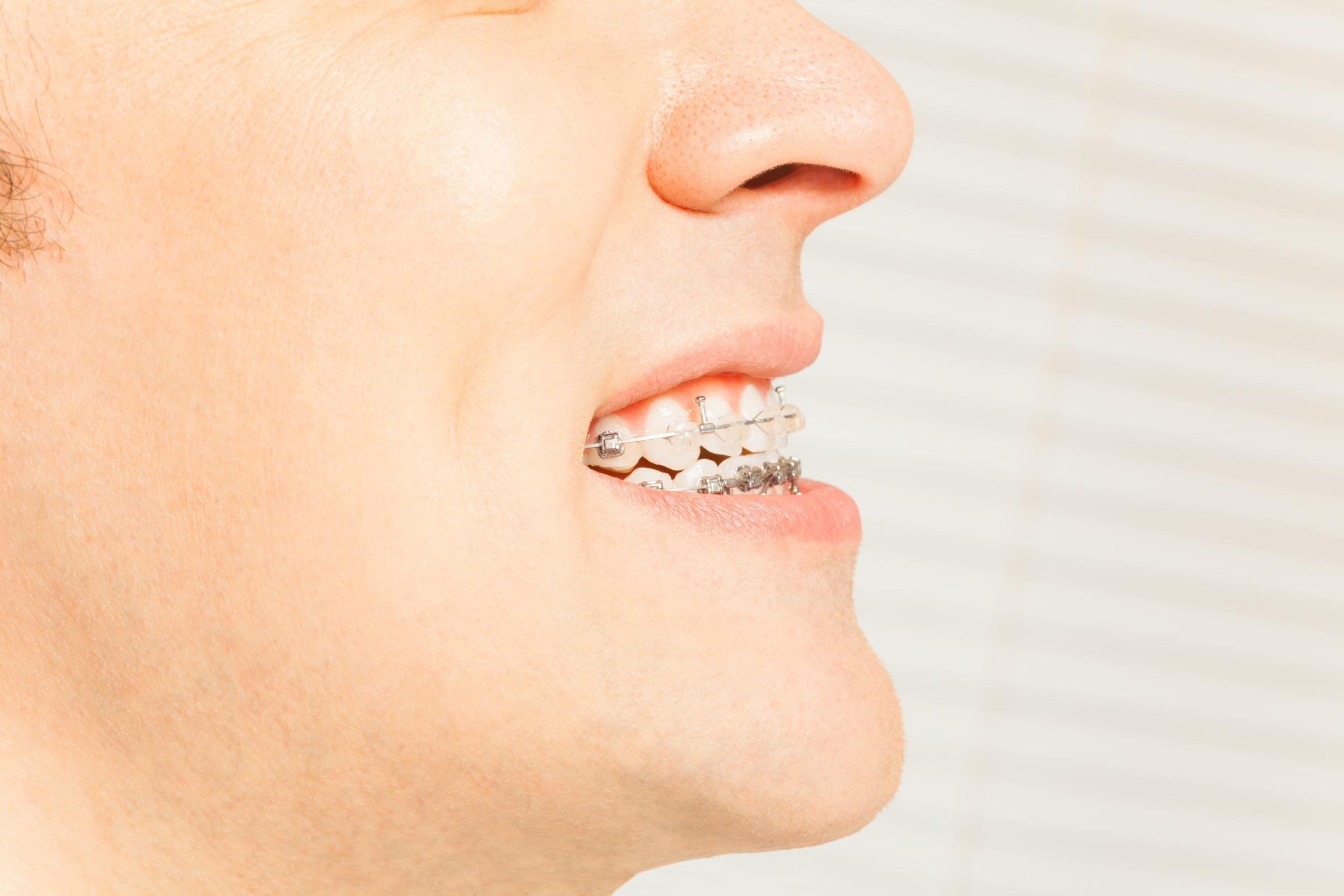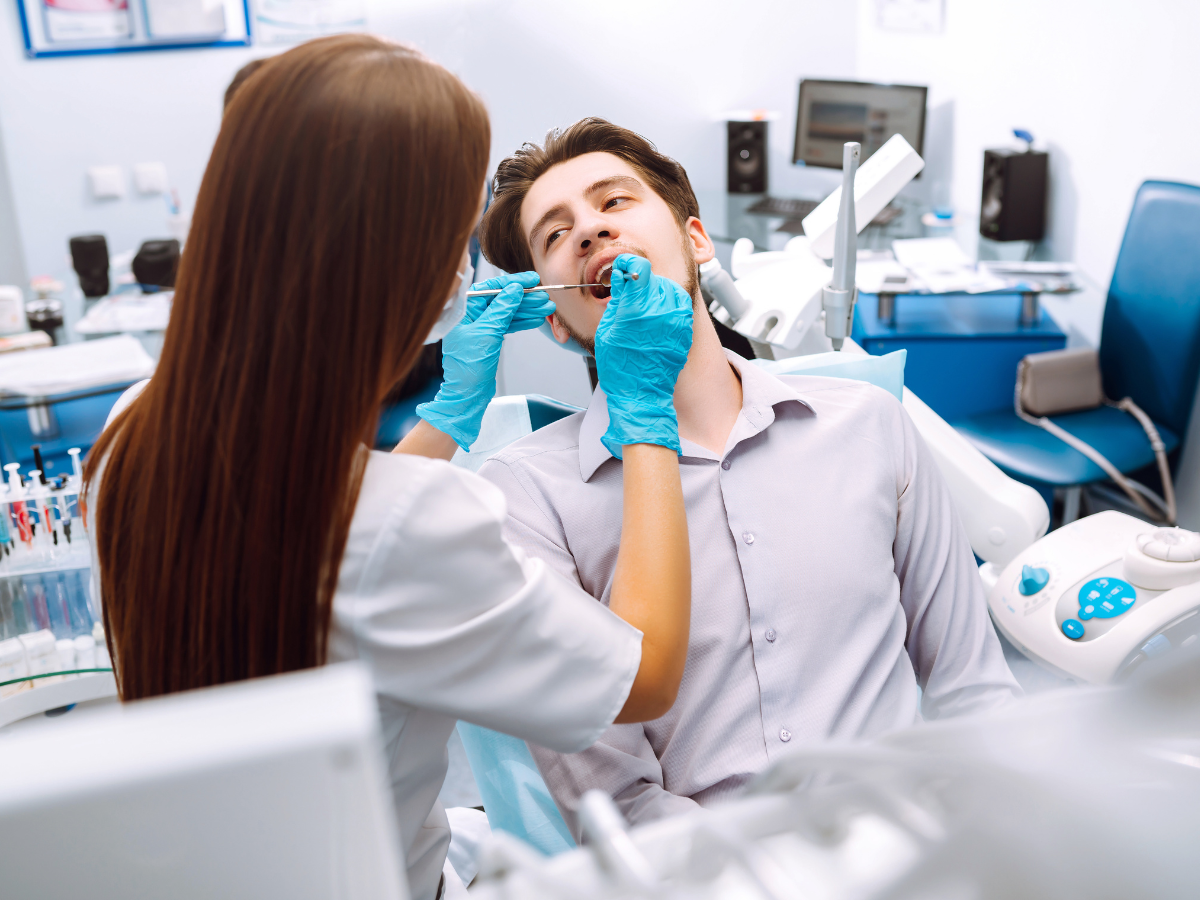In the realm of modern dentistry, dental implants stand as a beacon of hope for those with missing teeth, offering not just a cosmetic fix but a durable and functional solution. The procedure involves the strategic placement of titanium implants into the jawbone, mimicking the natural roots of teeth. While the surgery itself is pivotal, the journey to a successful dental implant involves meticulous post-operative care, particularly when it comes to your diet.
Why and When Dental Implants Are Essential:
Dental implants aren’t just about aesthetic enhancements; they are a transformative solution for various oral health issues. Here’s a deeper dive into why and when dental implants become necessary:
Common Reasons for Dental Implants:
- Tooth Loss: Whether due to trauma, severe decay, or advanced periodontal disease, tooth loss can significantly impact oral health and quality of life.
- Enhanced Functionality: Dental implants restore the ability to chew and speak with confidence, improving overall oral functionality.
- Aesthetic Restoration: Beyond functionality, implants provide a natural-looking and aesthetically pleasing solution, boosting self-esteem and confidence.
- Prevention of Bone Loss: Tooth loss often leads to jawbone deterioration. Implants play a crucial role in preserving bone density and maintaining facial structure.
The Post-Implant Diet: Foods to Avoid After Dental Implant:
Diving into the intricacies of post-implant dietary care is essential for a smooth recovery and the long-term success of your dental implants.
Foods to Avoid After Dental Implant:
- Hard and Crunchy Foods:
- Why: The early stages of healing demand gentleness. Hard and crunchy foods can exert excessive pressure on the implants, potentially hindering the healing process.
- Examples: Nuts, popcorn, ice cubes, and hard candies.
- Sticky and Chewy Foods:
- Why: These can get lodged between teeth and implants, creating a breeding ground for infection and irritation.
- Examples: Taffy, gum, and certain types of candies.
- Acidic Foods and Beverages:
- Why: Acidic substances can irritate the sensitive healing tissues, delaying recovery.
- Examples: Citrus fruits, tomatoes, and carbonated drinks.
- Hot Foods and Beverages:
- Why: Elevated temperatures can increase blood flow to the surgical site, potentially leading to increased swelling or discomfort.
- Examples: Hot soups, teas, and coffees.
Foods to Include During Dental Implant:
- Soft and Nutrient-Rich Foods:
- Why: Gentle on healing tissues, these foods provide essential nutrients for optimal recovery.
- Examples: Yogurt, mashed potatoes, smoothies, and pureed soups.
- Protein-Rich Foods:
- Why: Protein supports tissue repair, a fundamental aspect of the recovery process.
- Examples: Eggs, soft-cooked meats, and fish.
- Cool or Room Temperature Foods:
- Why: Extremes in temperature can irritate the surgical site, so it’s advisable to opt for lukewarm or cool options.
- Examples: Cold salads, lukewarm soups, and room-temperature beverages.

Precautions During the Initial Stages of Treatment:
The first few weeks after dental implant surgery are critical for a successful recovery. Here are some precautionary measures to enhance your healing journey:
1. Follow Post-Operative Instructions:
Your dentist will provide specific guidelines to follow after the surgery. This may include a prescribed medication schedule, oral hygiene practices, and dietary recommendations. Adhering to these instructions diligently is vital for a smooth recovery.
2. Limit Physical Activity:
Strenuous physical activities can increase blood flow to the surgical site, leading to heightened swelling and discomfort. During the initial stages of recovery, it’s advisable to avoid heavy lifting and intense exercise. Opt for light activities that don’t put unnecessary strain on your body.
3. Maintain Good Oral Hygiene:
Proper oral hygiene is crucial in preventing infections that could compromise the healing process. Gentle brushing and the use of a prescribed mouthwash help keep the surgical area clean and free from harmful bacteria.
4. Regular Follow-Up Appointments:
Scheduled check-ups with your dentist are not just routine; they are a crucial aspect of monitoring your healing progress. Your dentist will assess the implant site, address any concerns, and ensure that everything is progressing as planned. Stick to the recommended schedule for follow-up appointments.
Conclusion:
In conclusion, the success of dental implant surgery is a collaborative effort between the skill of the dental professional and the commitment of the patient to post-operative care. Your diet plays a pivotal role in this process, influencing the speed and quality of your recovery. By avoiding foods that could hinder healing and embracing those that support it, you contribute significantly to the long-term success of your dental implants. Always remember that individual healing experiences may vary. Consult with your dental professional for personalized advice tailored to your specific needs. Your smile is an investment, and by nurturing it with the right diet and care, you pave the way for a lifetime of confident and healthy oral function.




